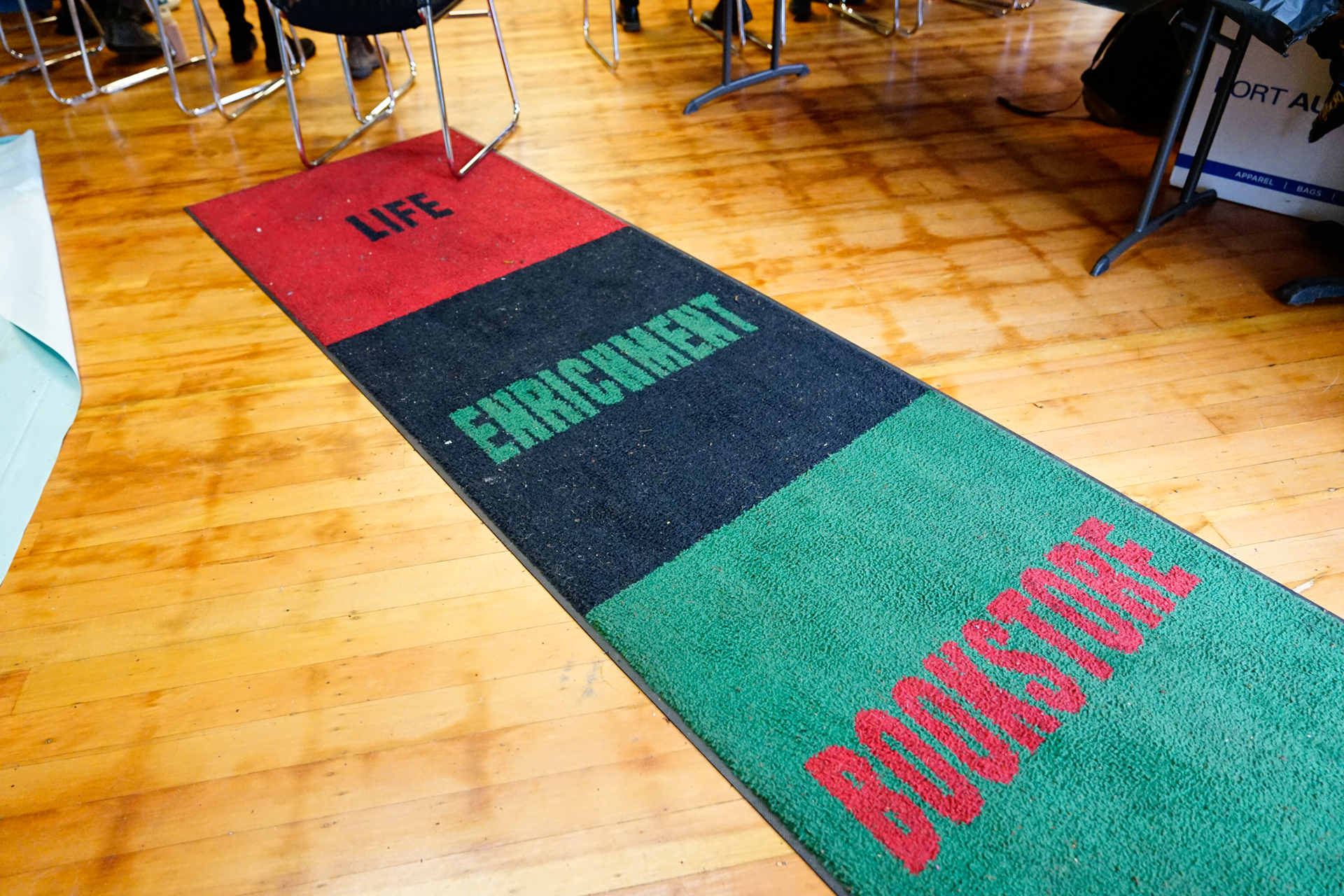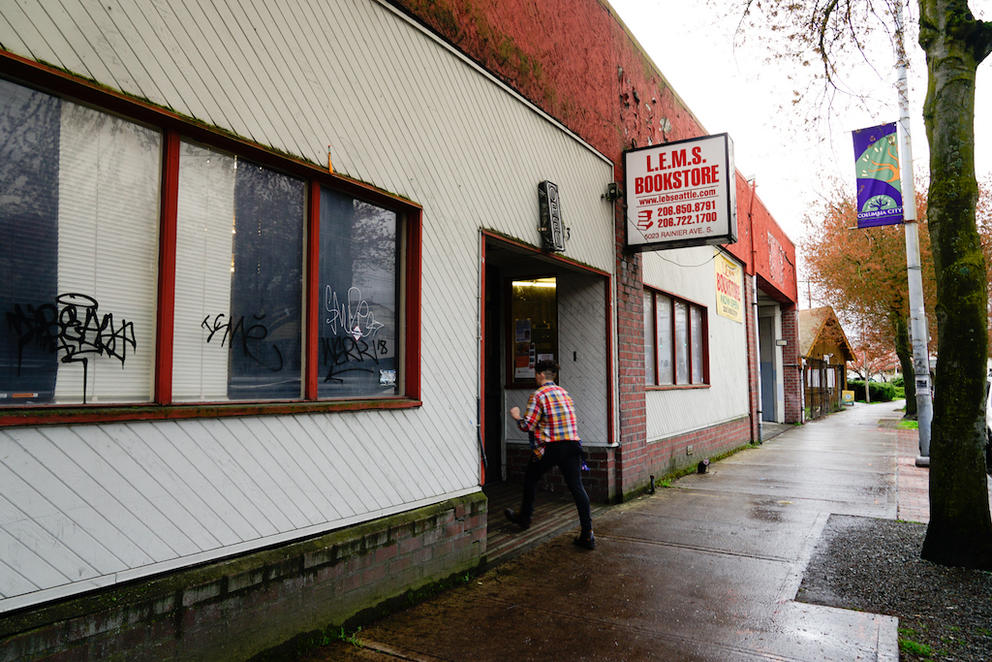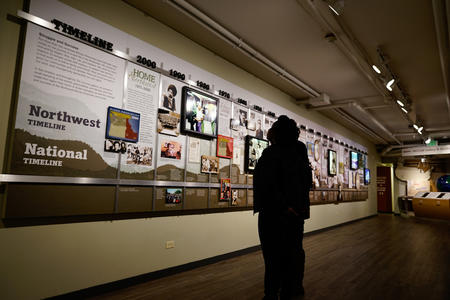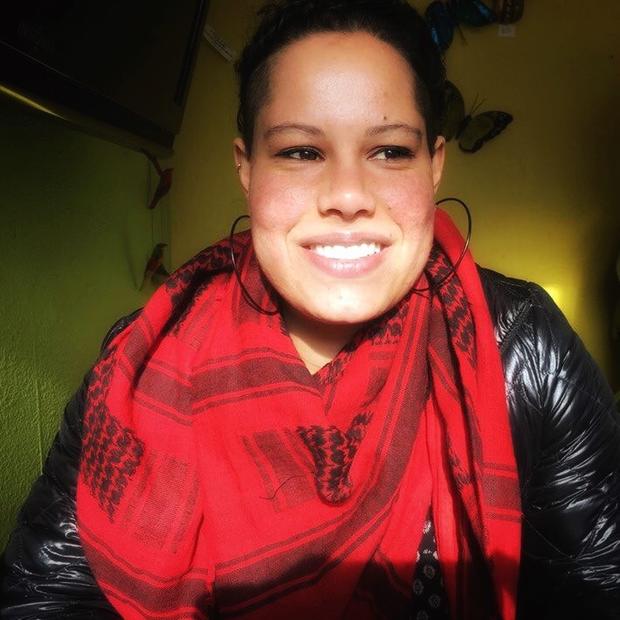There was a time in the not so distant past when it was illegal for Black peoples in the country to read and gather. Despite how things have changed, there is still a lack of Black and African literature and culture readily available in most U.S. schools and institutions. While there are spaces and places that have embraced Black Celebration/History Month, all communities should be exposed and have access to the accomplishments and contributions of Black and African peoples all year round. And, honestly, I think many people want to move beyond the inclusion of Black and African history just in February, but don’t know how or where to begin.
Black-owned bookstores have played an important role in offering access to the literature, cultural work and communities of the Black and African diaspora. Many of them filled that role when Black and African literature was not available in mainstream stores and when Black and African authors and cultural workers were not invited to speak or read at mainstream institutions.
Sadly, it seems, gone are the days of brick-and-mortar bookstores — not just Black-owned bookstores. As Amazon monopolizes online book sales and e-books, the need to rummage through shelves and sit in a corner reading a few pages to decide if this is the book for you is coming to an end. And while it is now easier than ever to self-publish because of online services and distribution networks, if all the independent bookstores disappear, what will we lose? Where will the quirky poet, the rabble-rouser author, the not-so-mainstream lecturer, the cult classic sell their books? How will we know where to find them? Where will they come to read if we lose these important bases of knowledge, community and cultural work?

After recently sharing the LEMS GoFundMe page on Facebook, someone asked me why invest in a business that is failing? Because LEMS is more than a business. Because LEMS isn’t just business as usual. Because this is about community, culture and thriving local Black businesses in Seattle. Because if this were a community center or a park in the traditional sense, we would rally together to save it. Because this is a center for Black community in Seattle.
There is so much more than books in Life Enrichment. LEMS is a fixture in South Seattle and a particularly important and necessary institution in Seattle’s Black community. It is Washington’s only Black-owned bookstore and the last bookstore in the Pacific Northwest whose primary goal is to promote the literature, culture and knowledge of the African diaspora. LEMS offers space for authors, lectures, movie nights, performances, Kwanzaa, drum circles, health services and programming focused specifically on the health and well-being of Seattle’s Black families, children and youth.
LEMS was founded more than 20 years ago by Ms. Vicki Williams, a respected community leader and beloved neighborhood Auntie. She loved books, building community and sharing knowledge. After her passing in 2017, LEMS has done its best to survive in the midst of a changing South Seattle, gentrification and the online book industry. At its current location on Rainier Avenue South in Columbia City for over 10 years, the bookstore and its legacy live on through Williams’ partner, Aaliyah Messiah, and Messiah’s son, Hassan.
It is time for LEMS to evolve to the next stage of its existence. Estelita’s Library, a social justice community library founded by Edwin Lindo on Beacon Hill, is partnering with LEMS to ensure we keep this cornerstone of the Black community alive and strong. Together with community stakeholders, Hassan and Lindo are casting a vision for what it will take to both save LEMS and ensure that it thrives.
According to the GoFundMe, three goals must be achieved to save LEMS. First, the effort needs to raise enough funds to cover back rent totaling $14,000. As of March 3, that goal had been reached and a new lease signed with the property owner. Second, in order to ensure LEMS can focus primarily on building up the business and investing in new revenue streams, the community is being asked to raise $36,000 for one year’s rent. And last, LEMS is raising funds to reignite the space by outfitting it with the furniture, fixtures and supplies needed to effectively acquire and sell books, to bring Estelita’s Library into the store and to create co-working spaces for communities of color and community-based grassroots organizations.
Our local economies and communities thrive when small businesses like LEMS are alive and strong, but this requires the community to invest intentionally. LEMS is more than a business; it is a community and cultural hub. Sometimes communities need a little help, a little revitalization, a little update to keep up with the times. That requires our intentional investment.
If Seattle is to be the city we hail it to be — one that believes in race and social justice — then we must intentionally practice equity so communities who have not always had the same access to resources and opportunity to succeed are able to have the opportunity to thrive. Where we spend our money is a value statement. How we invest our resources is one way we show who and what we value. Let’s save LEMS.




